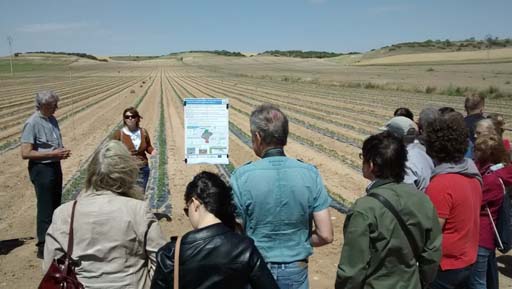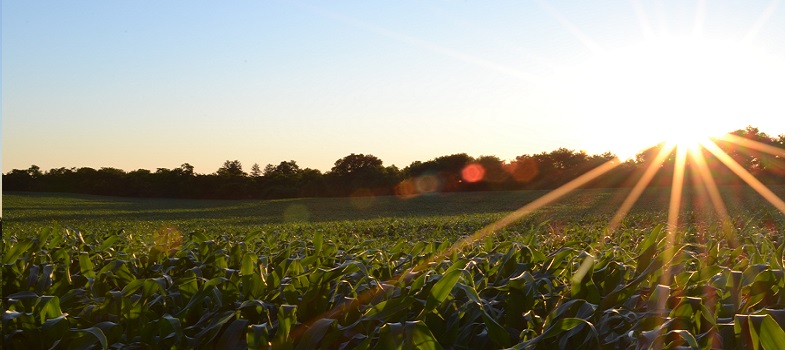Summary of Session 3
This session has built upon the five characteristics of a Living Lab set out by the European Network of Living Labs by introducing the innovative services our six Living Labs covered and the approaches used in AgriLink to shape their operation – design thinking, systems thinking and reflexive monitoring.
We also looked at the role of agricultural advisors and revisited how knowledge can be viewed within agriculture.

References for Session 3
Cristóvão, A., Koutsouris, A., and Kügler, M. (2012) ‘Extension systems and change facilitation for agricultural and rural development’, In: Darnhofer I, Gibbon D, Dedieu B (eds), Farming Systems Research into the 21st Century: The New Dynamic, 201–227.
Curry, N. and Kirwan, J. (2014) ‘The role of tacit knowledge in developing networks for sustainable agriculture’, Sociologia Ruralis, 54: 341–361.
Garforth, C., Angell, B., Archer, J., and Green, K. (2003) ‘Fragmentation or creative diversity? Options in the provision of land management advisory services’, Land Use Policy, 20: 323–333.
Labarthe, P. and Laurent, C. (2013) ‘Privatization of agricultural extension services in the EU: Towards a lack of adequate knowledge for small-scale farms?’ Food Policy, 38: 240–252.
Moschitz, H., Roep, D., Brunori, G., and Tisenkopfs, T. (2015) ‘Learning and innovation networks for sustainable agriculture: Processes of co-evolution, joint reflection and facilitation’, The Journal of Agricultural Education and Extension, 21 (1): 1-11.
Österle, N., Koutsouris, A., Livieratos, Y., and Kabourakis, E. (2016) ‘Extension for organic agriculture: a comparative study between Baden-Württemberg, Germany and Crete, Greece’, The Journal of Agricultural Education and Extension, 22: 345–362.
Šūmane, S., Kund., I, Knickel, K., Strauss, A., Tisenkopfs, T., de los Rios, I., Rivera, M., Chebach, T., and Ashkenazy, A. (2017) ‘Local and farmers' knowledge matters! How integrating informal and formal knowledge enhances sustainable and resilient agriculture’, Journal of Rural Studies, 59: 232-241.
Tisenkopfs, T., Kunda, I., Šūmane, S., Brunori, G., Klerkx, L., and Moschitz, H. (2015) ‘Learning and innovation in agriculture and rural development: The use of the concepts of boundary work and boundary objects’, Journal of Agricultural Education and Extension, 21: 13–33.
Go to Session 4: The multi-method approach: applying design thinking and systems thinking [Tip: hold Ctrl and click a link to open it in a new tab. (Hide tip)]
The multi-stakeholder approach and the importance of agricultural advisors
